State House Candidate Karen Lupton Visits CHS’ Young Democrats
Election day is only weeks away, and candidates are longing to see the results. This is an interesting time for Georgia because as a typically Republican state, it could flip completely Democratic. In the 2020 Presidential Election, Georgia turned blue, subsequently aiding President Joe Biden with 15 electoral votes, and sending Democrats Raphael Warnock and Jon Ossoff to the United States Senate.
“If DeKalb County Democrats turn out how DeKalb County Democrats can turn out, there’s no question that she [Stacey Abrams] wins the governorship. DeKalb County can turn it around for her. Just where we live, that is an awesome responsibility and opportunity because our DeKalb County turnout has declined ever since 2016, but people are getting engaged now,” said Karen Lupton, a State House Candidate for District 83, during a recent visit with the Young Democrats of Chamblee High School.
After the 2020 Census, Georgia has been working on redistricting. District 83 now contains Brookhaven and Chamblee. Many Chamblee High School students live in these two cities, and thus why she visited on Tuesday, October 11. She was a member of the Chamblee City Council from 2020 to 2022. Those years were challenging because of COVID-19 and also because of the bureaucracy during that time.
“The governor said, ‘here is my rule for the counties: you can go this far in taking care of and making rules for your community, for COVID.’ Local places cannot make mask mandates because the state said we cannot. So me, as your neighbor and your local elected official, cannot fight for your safety, because the governor said ‘no, I’m preempting your right to help your folks.’ It makes my blood a little hot,” said Lupton.
Throughout her hour-long speech to CHS’s Young Democrats, she described the relationship between local and federal officials and everything in between, including the process of a bill becoming a law and all the people that have to work for it. She described the disconnect between the people and their officials in Georgia. The people in positions of power are wealthy people with connections, Lupton said. If you are not wealthy, she added, you cannot sustain yourself throughout the rest of the year. She hopes to change this, coming from a blue-collar household in Kennedy.
“Essentially, the base salary of a House member [is], not a living wage. Meaning you cannot just be a House Representative or Senator. The House only operates for 40 days a year. Some people like to say Georgia has a citizen legislature. We [as Georgia House members are] not these professional lifetime politicians in our legislature because everybody has to do something else the whole rest of the year. In actuality, what that looks like on the ground is a lot of attorneys, lawyers, and doctors. The house is not full of regular folks, as critics say,” said Lupton.
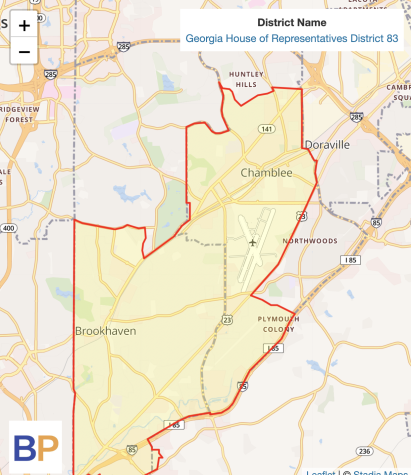
The disconnect is shown through our representatives’ ideas on public schools, according to Lupton. Most representatives have the funds to send their children to private schools, Lupton said, meaning they are not directly involved or affected by Georgia’s public schools’ policies. Similarly, funding is an important topic. Georgia’s budget has been increasing, being $10.7 billion in the Fiscal Year 2022. However, it ranks inferior when looking at the budgets of other [northern] states.
“My kids went to Ashford Park Elementary, Chamblee Middle School, and Chamblee High School. I’ve also served on an education foundation at middle school and elementary school. I got the experience of being a parent, seeing public schools from the view of a parent and working with trying to work with educators and administrators and seeing what the dollars are up against and your priorities and the hurdles that we’re all trying to cross, just to get here and learn. Hopefully, we can boost the state’s investment in education,” said Lupton.
Her goals for the district include mitigating the rising cost of energy, housing, and healthcare, including safeguarding women’s reproductive rights and expanding access to affordable healthcare and making public education better.
“I think she has a lot of bright ideas. She has kids in public school… which I think is good, considering some measures that have been passed recently, restricting what can be taught in public schools. She has plenty of plans to increase cohesion between state and local policies,” said Eitan Held, the Vice President of Young Democrats (‘23).
According to The Atlantic, Black voters and other people of color represent half of the eligible voters under 45, but only three in 10 of those over 65 in Georgia. Much of the younger generation has become interested in politics and how to improve the nation, according to the Pew Research Center report “On the Cusp of Adulthood and Facing an Uncertain Future: What We Know About Generation Z So Far.” This November’s election will show the direction the country will take as young people get involved.
“I think it was a nice experience. It was nice to hear about her platform. She was very informative about how a bill gets passed or how bills even get debated. And it was a nice experience. I’m glad that she came. I’m glad that she was there,” said Rax Seay (‘23), the Treasurer of Young Democrats.
Even though some high school students are under the age to vote, it does not have to stop them from pursuing politics. Someone could start by being informed and informing others.
“Read the newspaper. It’s an incredibly boring thing to say, but read the newspaper,” said Lupton. “Volunteer for campaigns and you will get to meet people who are interested in the same type of change in your area. Browse around, and talk to your friends about voting. Get registered when you’re 17 [and a half]. Get to know your area representative and state senator. I started in public service by attending work sessions. You’ll hear people talk about developments, about roadways. I know it sounds boring, but I found it to be fascinating because you learn how people make decisions, and that’s what being a public servant is about.
“It’s about making decisions with other people, taking other points of view in mind, knowing what you stand for, and then trying to coalesce into some sort of decision that’s best for the whole,” she added.
Your donation will support the student journalists of Chamblee High School Blue & Gold. Your contribution will allow us to print editions of our work and cover our annual website hosting costs. Currently, we are working to fund a Halloween satire edition.
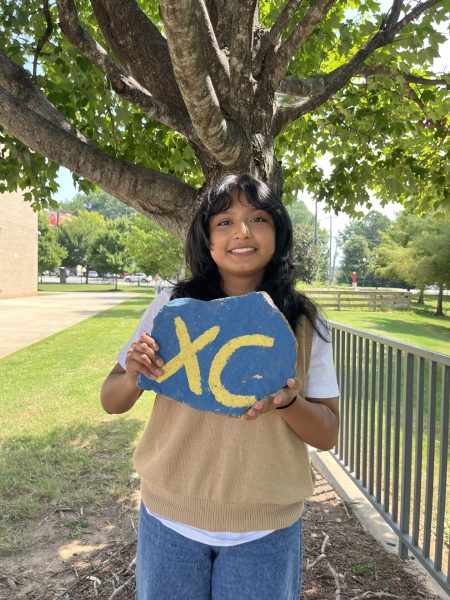
Monserat Olivera (‘24) is a senior and a writer for the Blue & Gold. In five years, she hopes to be working on important projects. Her three favorite things are autumn, her headphones, and strawberries.

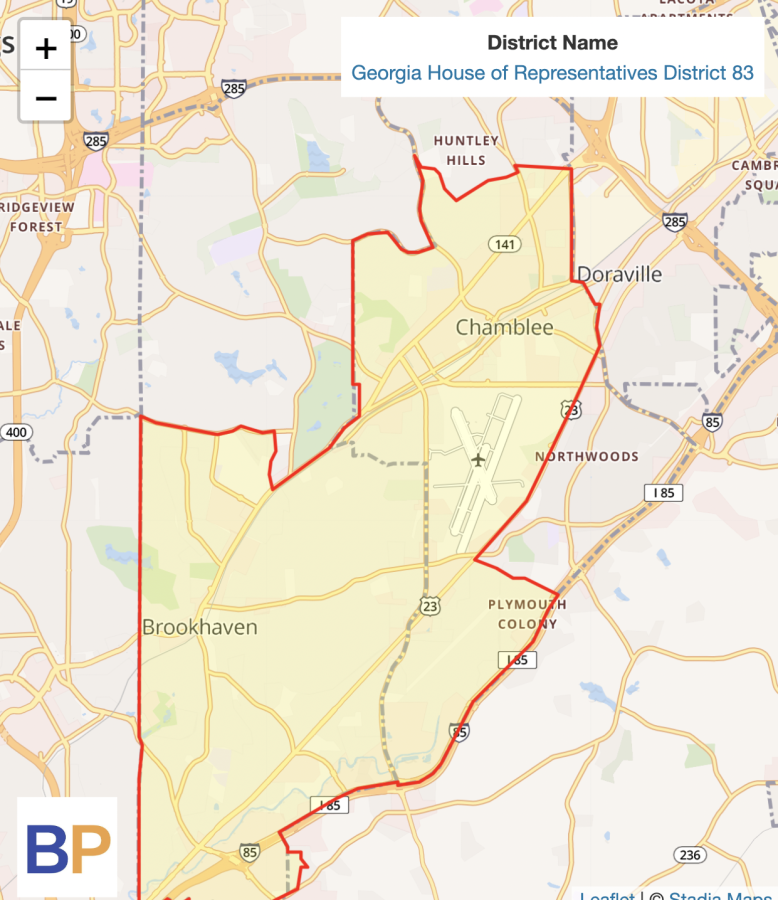

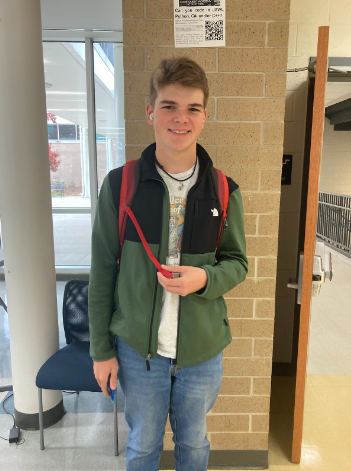
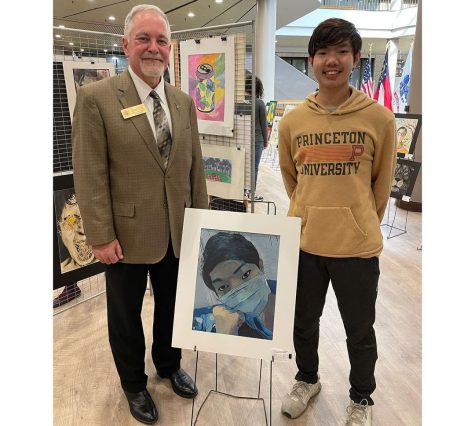
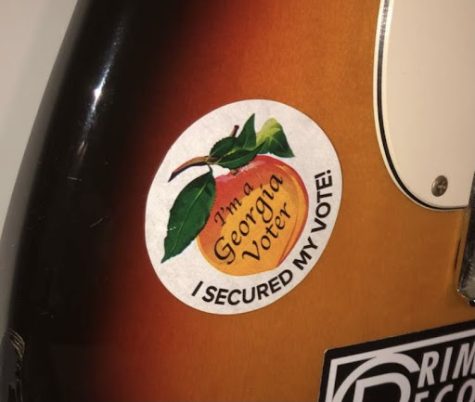
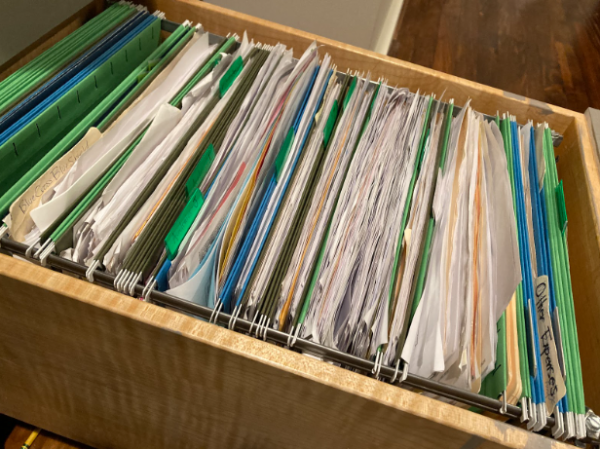
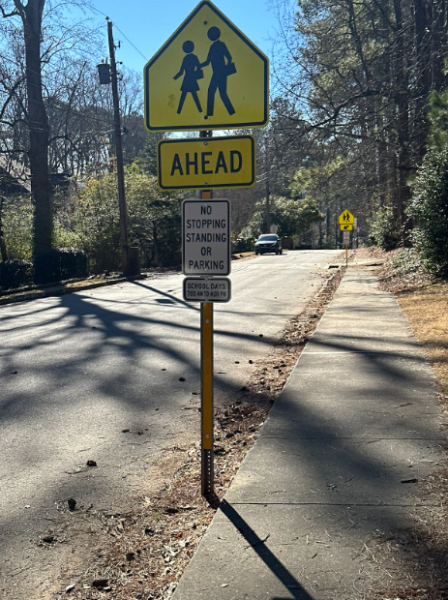
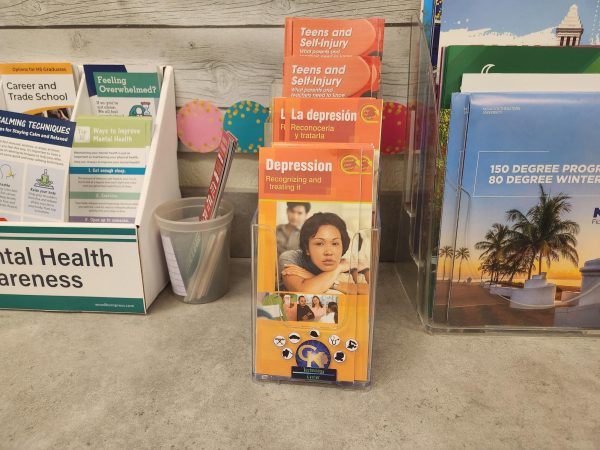
Eliz • Nov 4, 2022 at 4:52 pm
Awesome experience to have as high school students! Great to read about the meeting!